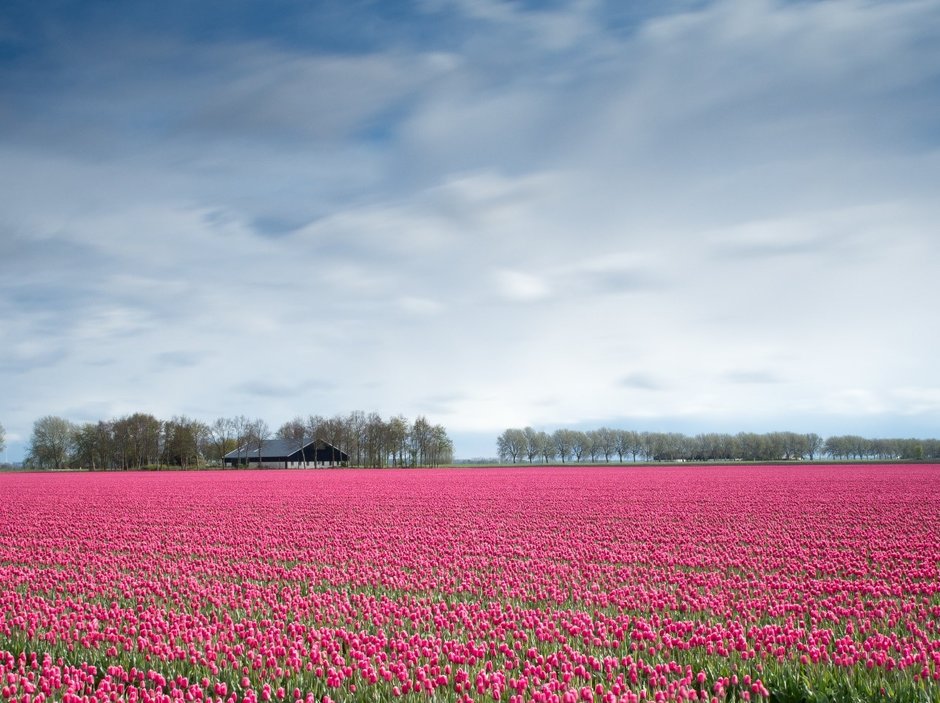According to a study by the Dutch bank ABN AMRO, the Netherland’s agricultural sector has the world’s lowest environmental footprint, a concept used to measure the surface of productive land, water ecosystem and the share of the Earth’s carbon-absorbing potential to sustain human activities, including food production. 
The most densely populated country in the European Union, the Netherlands, has mastered the art of producing more with less. The pillars of this success are threefold: circularity, intelligent farming and strong government regulation.
Nothing is lost: mainstreaming circularity in farming
The Dutch are frontrunners in leveraging the CO2-sequestrating potential of farming: plant remnants are turned into construction or manufacturing material, and biomass is used to generate carbon-neutral energy. A proof of this green mindset involves post-combustion CO2 captured from oil refineries in Rotterdam being channeled through pipes to nearby greenhouses to feed vegetable growth.
The Netherlands also scores high in food waste mitigation, with a fair share of residue from the food industry being used to feed cattle. Waste levels are also reduced thanks to ICT-enabled handling of raw materials and food.
The key role of smart farming in curbing water, soil and air contamination
The dissemination of sensors and ICT-enabled farming models coupled with tight government regulation have translated to lower chemical input per kilogram of food: pesticide levels have been more than halved between 1980 and 2015 in the Netherlands, and optimization in fertilizer application has reduced eutrophication.
The University of Wageningen is the nodal point in pioneering technologies aimed at reducing the environmental footprint of agriculture, with students coming from all over the world to master the Dutch way of farming: more with less.
More details on the methodology used by ABN AMRO to reach this conclusion on the environmental footprint of the Dutch agricultural sector are available here.